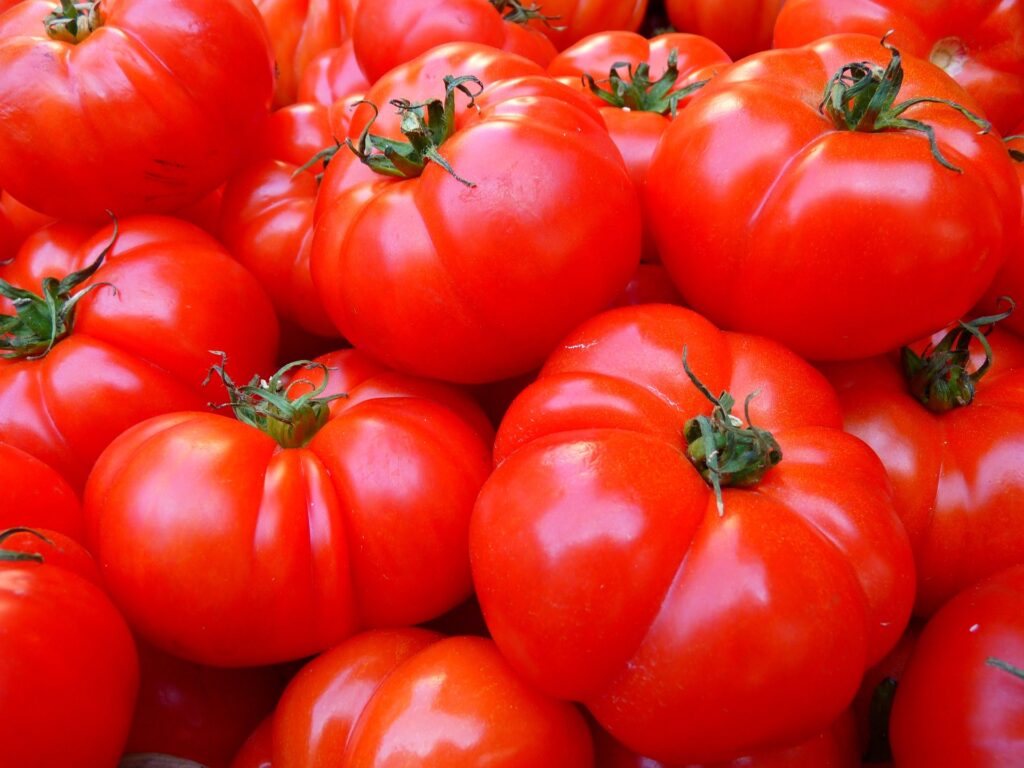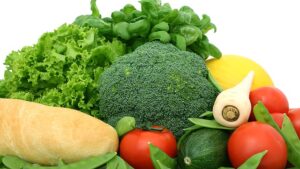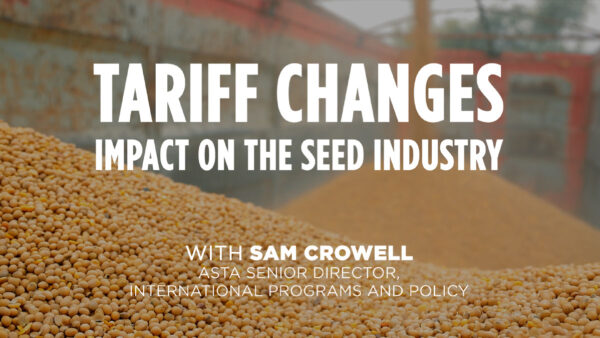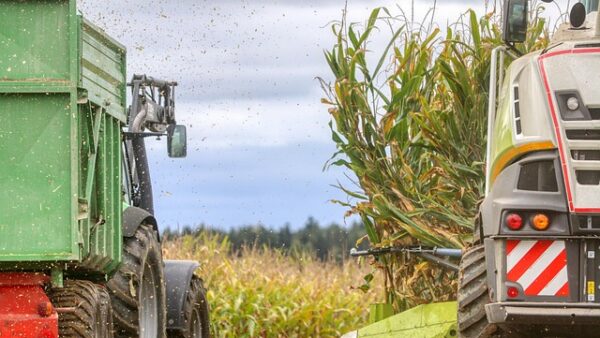New USDA-funded project targets climate resilience, flavor and consumer satisfaction in tomato breeding.
Texas A&M AgriLife Research’s Vegetable and Fruit Improvement Center is taking bold steps to fortify the U.S. tomato industry against climate challenges. With an $8.4 million USDA-NIFA grant, they are launching a four-year, multi-institutional initiative aimed at developing resilient, high-quality tomato varieties that appeal to both growers and consumers.
“The innovative work being done by (Bhimu) Patil and his team will have a long-lasting impact on both the tomato industry and the health of consumers,” said G. Cliff Lamb, director of AgriLife Research, in a recent news release. “This project will improve both the sensory qualities and human health benefits of tomatoes.”
Why Tomatoes? Meeting Industry and Consumer Demands
Tomatoes are a vital horticultural crop in the U.S., but they face increased threats from environmental stresses and shifting consumer preferences. Bhimu Patil, who leads the project, emphasized that enhancing flavor, water-use efficiency, heat tolerance, and disease resistance are top priorities.
“This project idea was born from extensive discussions with key industry stakeholders, consumers and retailers,” Patil explained in the release. “Our national survey identified crucial priorities like heat tolerance, water-use efficiency, flavor, quality, human health properties and disease resistance. Through this grant, we will address these challenges and improve the overall quality of tomatoes to benefit both producers and consumers.”
The initiative will leverage cutting-edge breeding techniques to produce tomatoes that thrive in diverse growing conditions, delivering not only resilience but also improved flavor and health benefits.
AgriLife Research will collaborate with numerous institutions, including the University of Florida, Michigan State University, and Cornell University, bringing together expertise in genomics, physiology, nutrition, and extension services. According to Amit Dhingra, head of the Department of Horticultural Sciences, the collaborative approach promises significant advantages for the tomato industry.
“The project will not only produce new varieties of tomatoes but will also generate vital data and tools that will benefit breeders, farmers and consumers in Texas and the U.S. for years to come,” Dhingra noted.
Consumer-Focused Tomato Improvements
To address declining tomato consumption due to dissatisfaction with flavor, the project will focus on taste, texture, and aroma. “The breeding programs will focus on enhancing not just the resilience of the tomatoes but also their taste, texture and aroma,” Patil said. By aligning with consumer preferences, the project hopes to encourage healthier eating habits and boost demand for tomatoes.
Industry Support and Sustainable Goals
The project has garnered strong support from industry leaders, who recognize the potential for improved market value and health benefits. Jimmie Bassetti, president and CEO of J&D Produce, expressed enthusiasm: “As a specialty crop producer, I strongly believe that great-quality tomatoes will help drive the market and provide financial incentives to U.S. producers. It will also help bring significant health benefits to consumers by ensuring that they have access to flavorful, nutritious tomatoes.”
Dante Galeazzi, president and CEO of Texas International Produce Association, highlighted the importance of water-use efficiency and heat tolerance in promoting sustainability.
“This USDA-funded project is an essential step toward building a more sustainable and competitive tomato industry in the U.S.,” Patil concluded. “By employing a systems-based approach that incorporates cutting-edge genomics, breeding techniques and consumer insights, the project will provide valuable solutions to the critical challenges facing the tomato industry.”










